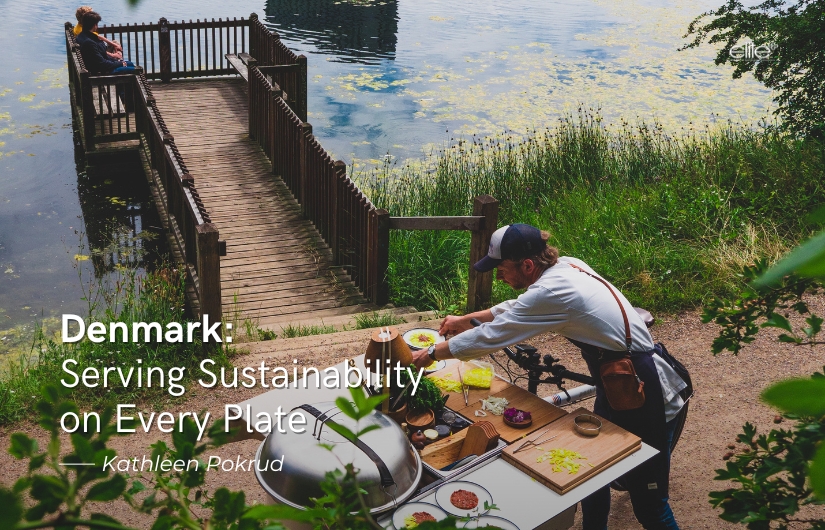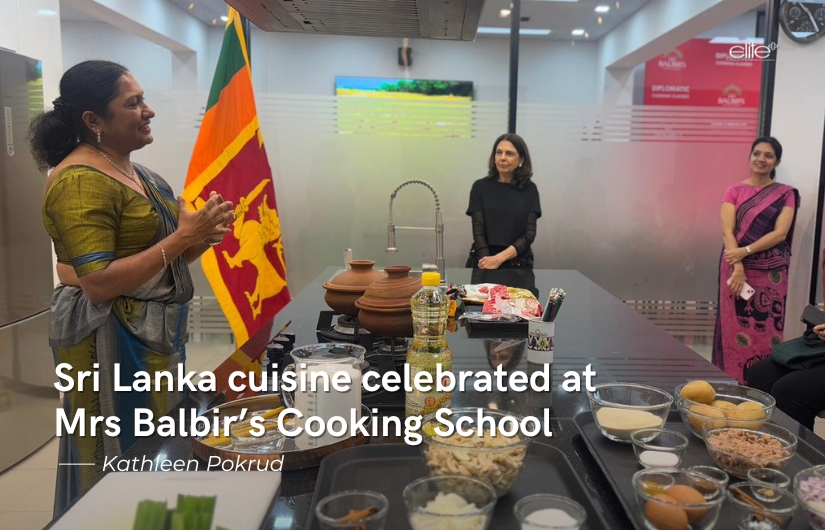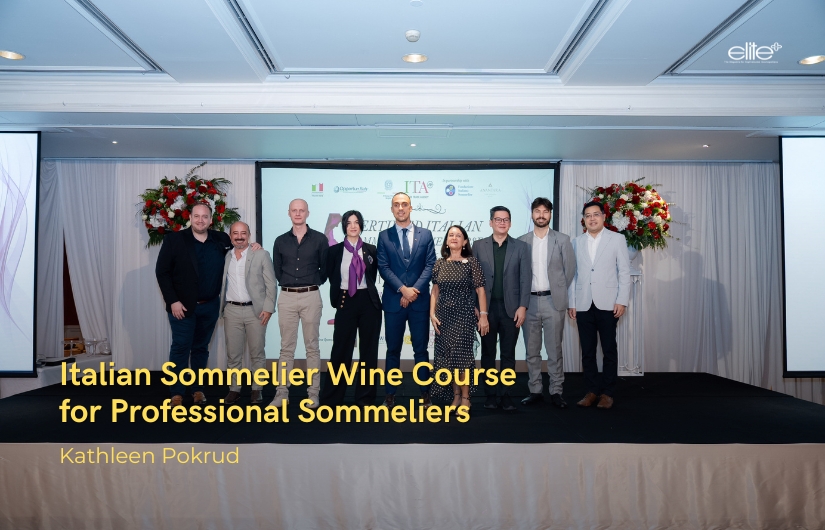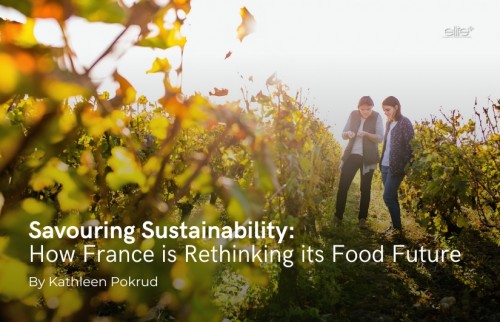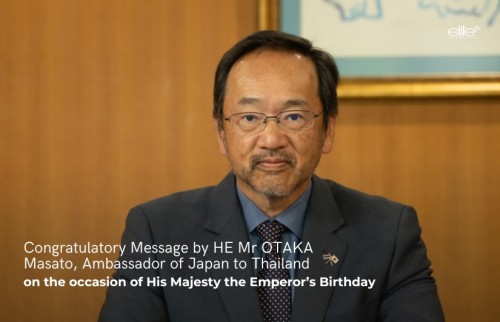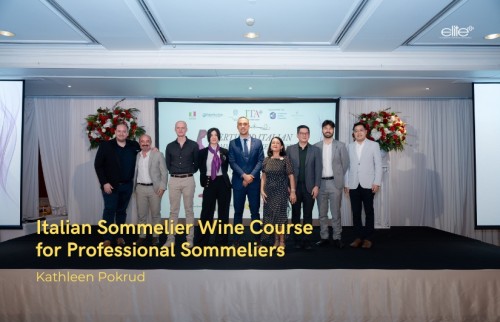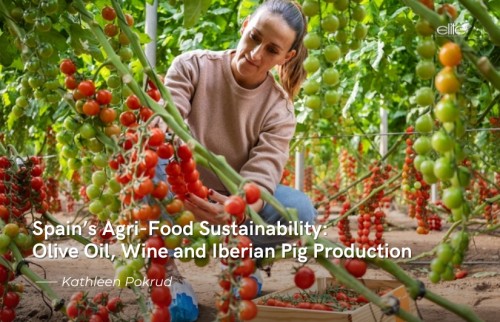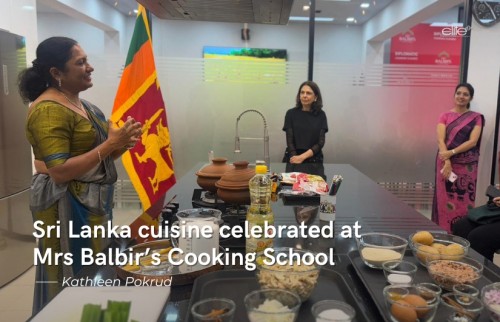Denmark: Serving Sustainability on Every Plate
HE Danny Annan, Ambassador of the Kingdom of Denmark to the Kingdom of Thailand, shares how Denmark is leading the way in sustainable gastronomy and green innovation
By Kathleen Pokrud
Photo courtesy by The Embassy of Denmark
As the world grapples with climate change, resource scarcity and global food insecurity, Denmark is offering a fresh recipe for the future—where sustainability is at the heart of every plate.
When asked about Denmark’s food philosophy, international culinary leadership and policies that are helping turn food systems into solutions, Ambassador Annan began by saying, “Food in Denmark is more than tradition—it’s a way of thinking. Over the past two decades, we’ve reimagined how food can nourish not only people but the planet. From organic farming to innovative gastronomy, Denmark integrates sustainability into every step of the food chain.”
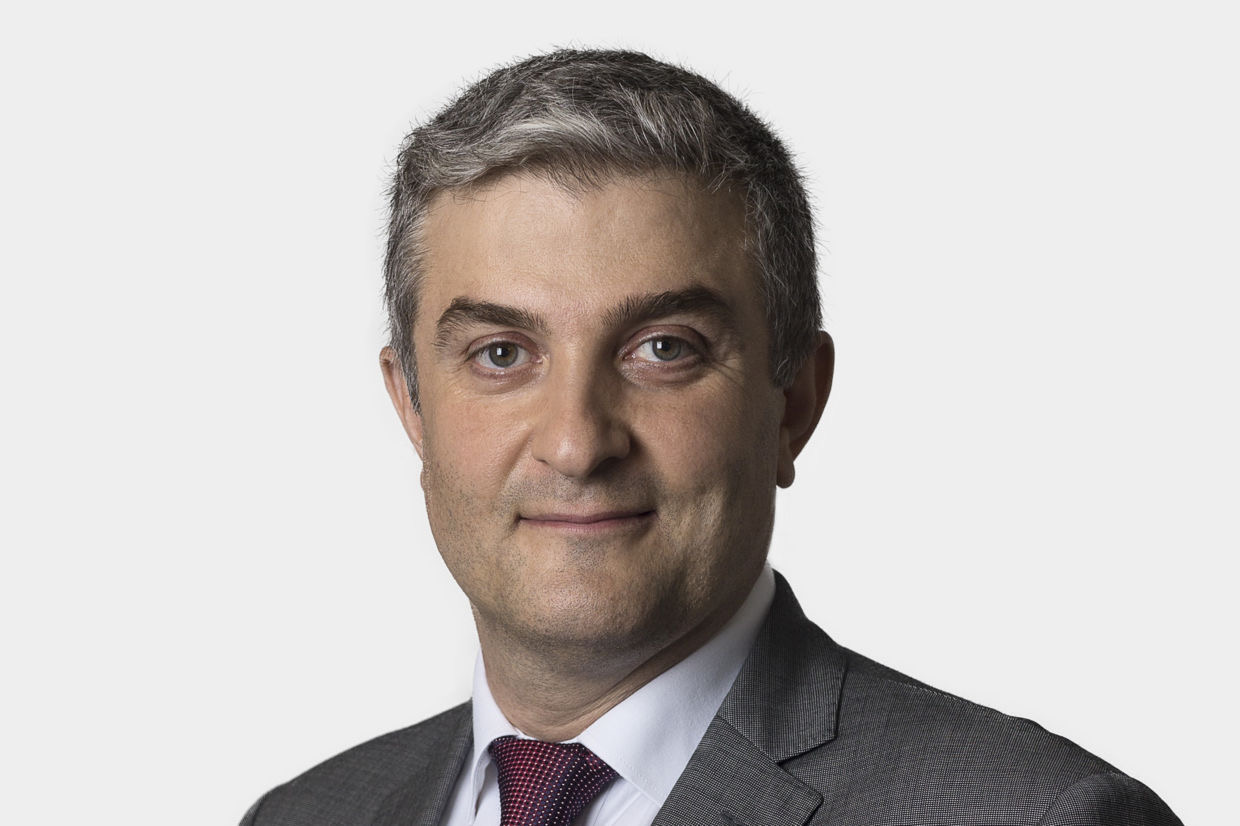
Ambassador Annon went on to explain how Denmark’s transformation began in earnest with the birth of the New Nordic Cuisine movement in 2004. “It started with a group of visionary chefs who believed that by using natural, seasonal and locally sourced ingredients, we could create a cuisine that is both rooted in our culture and responsive to the world’s environmental challenges.”
This approach has paid off—both in global recognition and real impact. In 2025, 52 Danish restaurants received Michelin stars, with more than half also awarded the Michelin Green Star for their dedication to sustainability.
_1225961213.jpg)
Photo by Daniel Rasmussen
“Restaurants like Ark, which is entirely plant-based, and Amass, which has cut food waste by 75%, are great examples of how sustainability and culinary excellence go hand in hand,” Ambassador Annan shared. “At Amass, even lemon rinds and leftover walnut mass are reused creatively, and their urban garden on Refshale Island not only supplies ingredients, but also educates children about sustainable food.”
Denmark’s culinary progress is built on a strong foundation of organic agriculture. The country has the highest organic market share in the world, and more than 2,900 professional kitchens have been certified under Denmark’s Organic Cuisine Label.

Photo by Daniel Rasmussen
“This is made possible by strong cooperation between chefs, farmers, policymakers and consumers,” he said. “We invest in sustainable farming practices and support innovation through programs like the Green Development and Demonstration Programme (GUDP). GUDP is a key initiative as it funds projects that reduce environmental impact and promote resource efficiency across the food value chain.”
Ambassador Annan also highlighted Denmark’s efforts to foster food culture and public awareness through institutions like Madkulturen—an independent organization under the Ministry of Food, Agriculture and Fisheries. “Madkulturen plays a vital role in shaping Denmark’s food landscape. Their mission is to ensure better food for all by making quality, sustainable meals accessible to people of all ages and backgrounds. They bring together knowledge, education and innovation to promote healthier eating habits and more inclusive food systems.
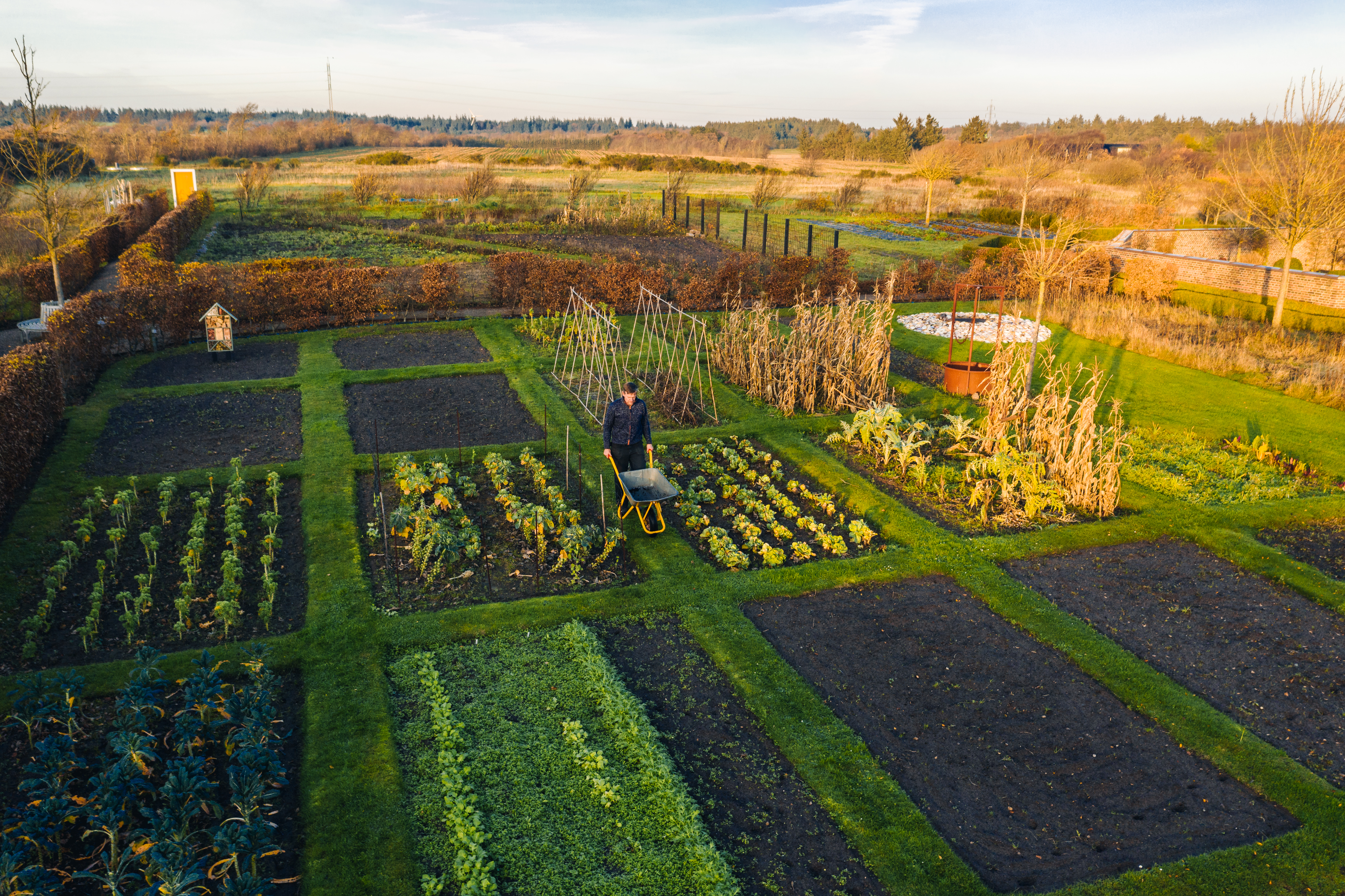
Photo by Thomas Høyrup Christensen
“Meanwhile, Denmark’s Gastro 2025 strategy promotes Danish gastronomy abroad and supports green innovation at home. Multiple grassroots initiatives are also supporting Danish gastronomy as they are shaping a more inclusive, ethical food industry. For instance, the MAD Symposium, founded by chef René Redzepi of Noma, brings together chefs, farmers and food professionals from around the world to explore topics like sustainability, food ethics and social responsibility. Then the Freja Symposium champions gender equality and diversity in gastronomy, creating a platform for underrepresented voices and fostering more inclusive leadership in the food industry.”
Beyond the restaurant scene, Denmark is also a leader in food waste reduction. “The Danish start-up, ‘Too Good To Go’, has become a global success,” the Ambassador noted. “In 2023, it helped save over 121 million meals from going to waste.” The company focuses on connecting consumers with surplus food from supermarkets, restaurants and hotels.

Photo by Daniel Rasmussen
Initiatives also extend into packaging, recycling and circular economy solutions. “From cultivating mushrooms in used coffee grounds, as the Danish company Beyond Coffee does, to nationwide bottle return schemes, sustainability in Denmark isn’t just a trend—it’s a commitment.”
When asked about the everyday food culture in Denmark, Ambassador Annan smiled, saying, “We take pride in using seasonal ingredients in the dishes they’re meant for, like fresh strawberries in June for strawberry tarts or crisp apples in autumn for traditional apple cakes. Our cuisine reflects the land and the changing seasons. It’s this close connection to nature that shapes not only how we eat, but how we live.
In conclusion, HE Annan shared Denmark’s vision for the future, “We believe food can be a powerful driver for positive change. From policy to plate, Denmark is working to create a food system that supports the environment, strengthens communities and inspires innovation. And we are eager to share our experience with global partners.”
 Photo by Freya McOmish
Photo by Freya McOmish


